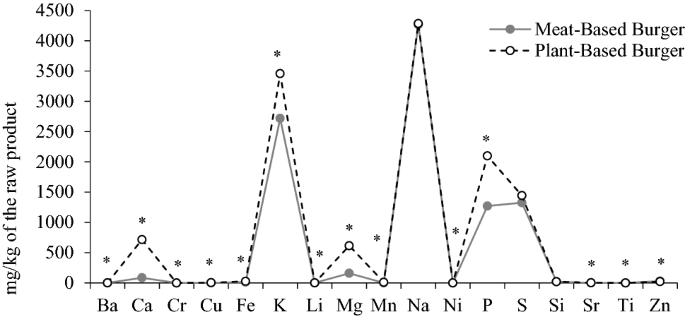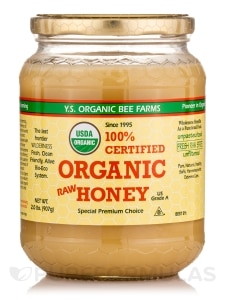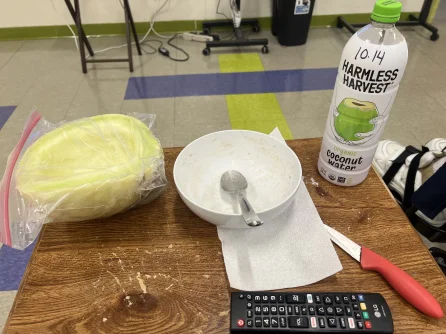Hereś an interesting study of how plant based diets affect testosterone levels. The epithet "soy boy" is used not just to describe men who consume soybean products, but also men who avoid meat. So how does a vegetarian or semi-vegetarian ("plant based") diet affect testosterone levels? Not at all, apart from any effect on BMI, it turns out. The abstract says:
"Data on demographics, diet, and testosterone levels was acquired from the NHANES database. Using the food frequency questionnaire, an overall plant-based diet index (PDI) and a healthful plant-based diet index (hPDI) was developed. A higher score on PDI and hPDI indicates higher consumption of plant foods.
"A total of 191 participants were included, average age was 45 (30-60) years and average total testosterone level was 546.7 ± 254.7 ng/dL. On multiple linear regression analysis, BMI and age significantly contribute to testosterone levels (p < 0.05); however, neither of the diet indexes significantly predicted serum testosterone levels (PDI: p = 0.446; and hPDI: p = 0.056).
"In a well characterized national database, the plant-based diet index is unable to predict testosterone levels. Plant-based food content in diet is not associated with serum testosterone levels."
"Data on demographics, diet, and testosterone levels was acquired from the NHANES database. Using the food frequency questionnaire, an overall plant-based diet index (PDI) and a healthful plant-based diet index (hPDI) was developed. A higher score on PDI and hPDI indicates higher consumption of plant foods.
"A total of 191 participants were included, average age was 45 (30-60) years and average total testosterone level was 546.7 ± 254.7 ng/dL. On multiple linear regression analysis, BMI and age significantly contribute to testosterone levels (p < 0.05); however, neither of the diet indexes significantly predicted serum testosterone levels (PDI: p = 0.446; and hPDI: p = 0.056).
"In a well characterized national database, the plant-based diet index is unable to predict testosterone levels. Plant-based food content in diet is not associated with serum testosterone levels."

















